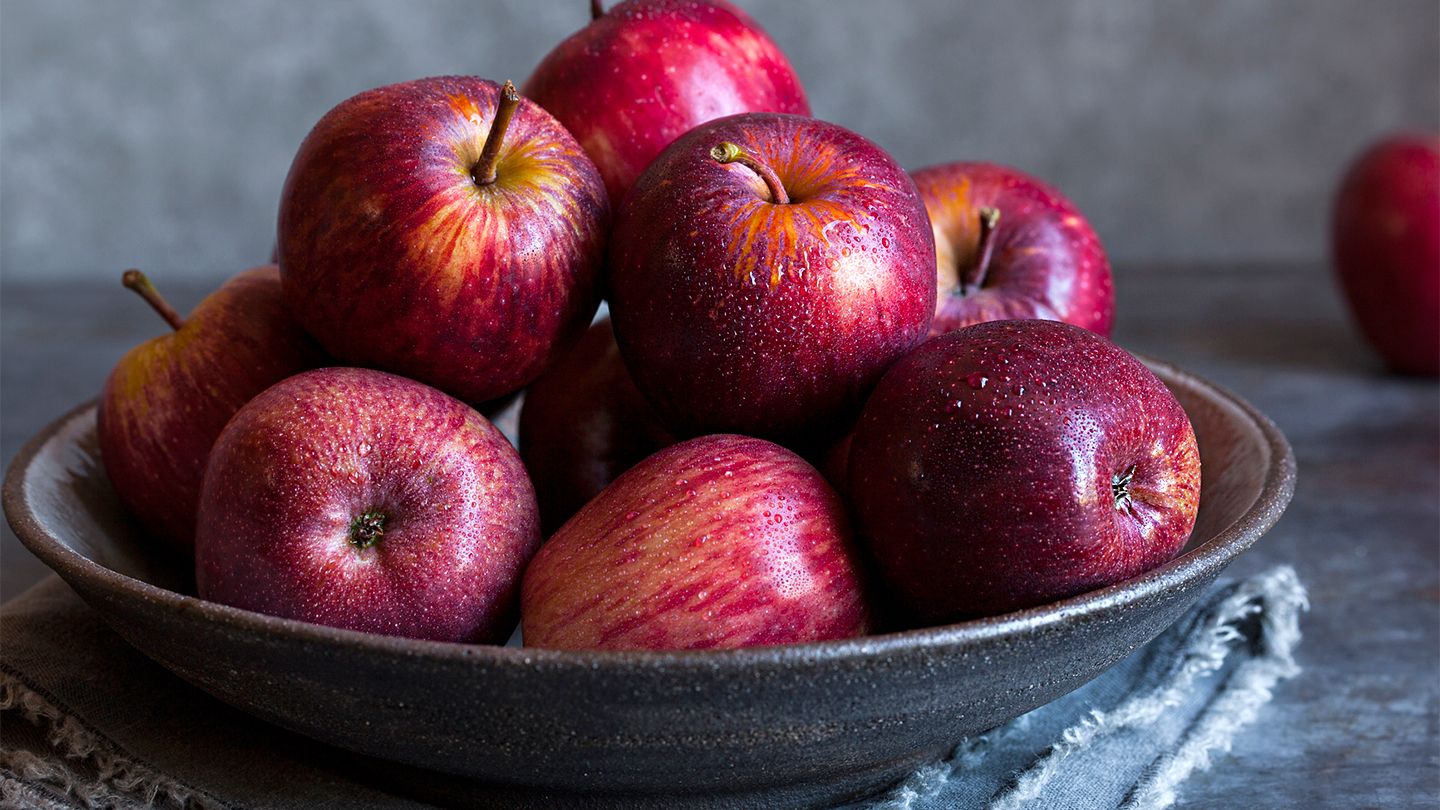
Apples are among the most popular fruits around the world. They’re delicious, versatile, and packed with nutrients. But while apples are undeniably healthy, timing matters—and eating them at the wrong time can negatively impact your body.
Here are three times of the day when you should avoid eating apples for the sake of your health:
Avoid Eating Apples During Meals
Many people enjoy pairing fruit with their meals or preparing fruit salads alongside hot dishes. However, this habit isn’t ideal when it comes to apples.
Apples are considered a “cooling” fruit. When consumed with hot food, the contrast in temperature can irritate the stomach lining and lead to digestive issues like bloating or indigestion.
To get the full benefits of apples without upsetting your stomach, it’s best to eat them 30 minutes after your meal, not during it.
Don’t Combine Apples with Seafood
If you’re having a seafood-based meal, it’s best to steer clear of apples. Apples contain tannins, which can react negatively with the protein found in seafood.
This combination may lead to nutrient crystallization in the digestive system, putting stress on your stomach and intestines and interfering with the body’s ability to properly absorb nutrients.
Avoid Apples Immediately After Intense Exercise
After a workout or strenuous physical activity, your body temperature is elevated, and your internal organs are still under tension. Since apples are a cooling fruit, eating them at this time may lead to stomach discomfort or cramps.
Instead, allow your body to rest and cool down before reaching for an apple—this ensures better digestion and reduces any risk of irritation.
Don’t Eat Apples Right Before Bed
Eating apples late at night—especially just before sleep—isn’t recommended. As your body prepares to rest, digestion slows down. Consuming apples during this time may overload your digestive system, leading to bloating or poor sleep quality.

Additional Tips for Eating Apples the Healthy Way
- If you have a sensitive stomach, don’t eat apples on an empty stomach. It’s better to consume them after something warm like soup or porridge.
- Even if you’re in a hurry, chew slowly to support proper digestion and nutrient absorption.
- Always peel apples before eating, especially if you’re unsure whether they’ve been treated with chemicals to preserve freshness. The peel may contain residues harmful to your health.
Who Should Avoid Apples?
Some individuals may need to limit or avoid apples altogether, including:
- People with Diabetes
Apples are high in natural sugars. Eating them in excess can cause blood sugar spikes, which is especially risky for individuals with diabetes or prediabetes. - People with a Cold
During a cold, the body is more vulnerable to external factors. Apples, which increase mucus production, can exacerbate symptoms and slow recovery. - People with Digestive Weakness or Low Energy
Symptoms like bloating, nausea, poor appetite, or a coated tongue may indicate digestive imbalance. For these individuals, apples—due to their moisture-enhancing properties—can worsen symptoms.
By being mindful of when and how you eat apples, you can continue to enjoy their health benefits without unwanted side effects. As with most things in nutrition, timing is just as important as quality.

















